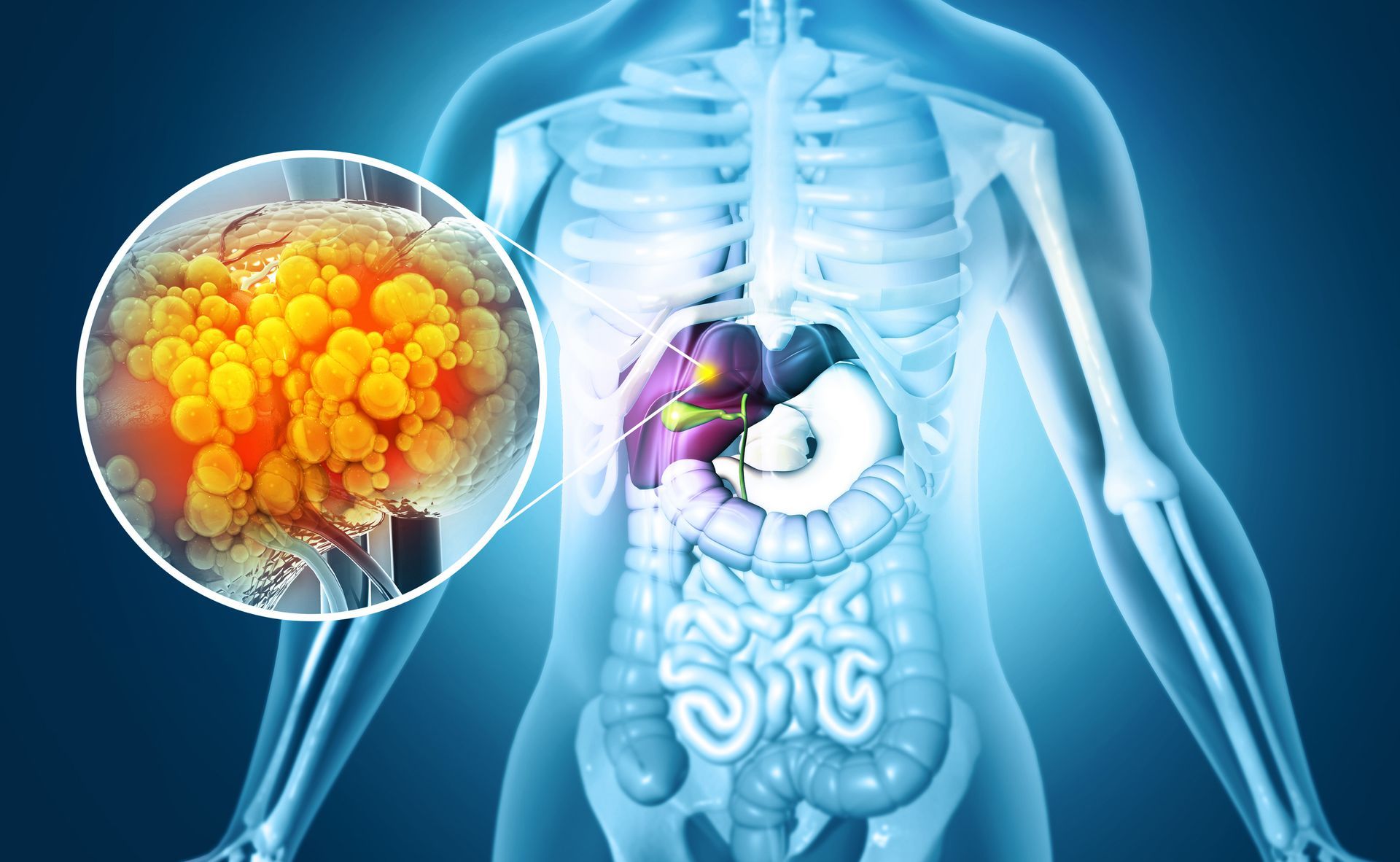Northwest Florida Gastroenterologists: Understanding Gastritis

As many as 30% of Americans suffer from gastritis. This common gastrointestinal condition features a variety of typical digestive symptoms. Belching, bloating, and abdominal pain are few of the lighter characteristics of gastritis. More significant symptoms can include blood in your stool or vomit, and black tarry feces. It is not uncommon to suffer from gastritis for years without a diagnosis. Let’s take a closer look at gastritis.
What is Gastritis?
When the lining of your small intestine and stomach becomes damaged, this is known as gastritis. This typically occurs when too much stomach acid erodes the mucosal lining. When irritants force your stomach to produce an abundance of digestive acid, holes can be worn in the lining of the stomach and small intestine. This problem is exacerbated when acid is produced and no food is available in your stomach to absorb gastric juices. These holes can eventually lead to bleeding, ulcers, and in some cases cancer.
What Causes Gastritis?
A prevalent bacterium called Helicobacter pylori, or H. pylori is generally the most common cause of gastritis. When this bacteria penetrates the mucosal lining in the stomach and small intestine, it forces the body produce acid, even when you aren’t having a meal. While H.pylori is a major factor for severe cases of gastritis, overusing nonsteroidal anti-inflammatory drugs, like ibuprofen. NSAIDs can make the lining weaker, making it easier for your stomach acid to reach its deeper layers, causing bleeding and other irritations. Other lifestyle factors like alcoholism, smoking, and stress can lead to excessive acid production and inhibit your immune system.
How is Gastritis Treated?
It is common for most people to attempt to treat the symptoms of gastritis instead of its actual cause. If your gastritis is caused by H.pylori, treatment can involve killing the bacteria with antibiotics. For NSAID caused gastritis, ceasing the use of these drugs is imperative. Consulting your doctor to determine a better course of pain management can help alleviate your gastritis.
If you are having digestive or gastrointestinal issues or pain, you should see a gastroenterologist. The expert staff at Digestive Diseases Center has locations across northwest Florida to help with all of your needs.
CONTACT
850-763-5409
ADDRESSES
4 LOCATIONS
204 E 19th Street, B, Panama City
12216 Panama City Beach Pkwy, D, Panama City Beach
4295 3rd Ave, Marianna
101 Good Morning St., 109B, Port St. Joe
Subscribe to our newsletter:
subscribe to our newsletter
We will get back to you as soon as possible.
Please try again later.




